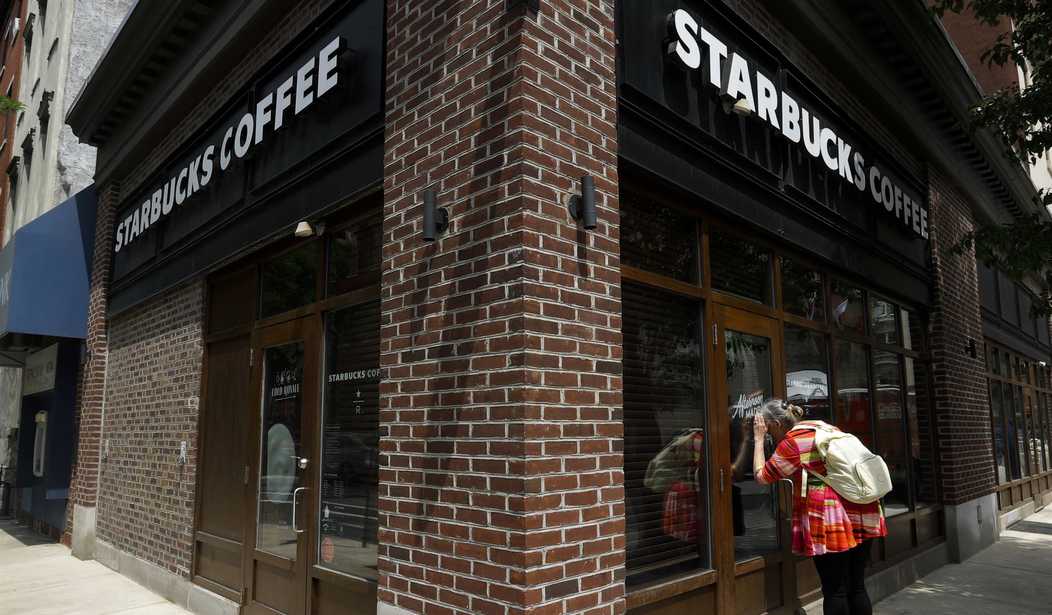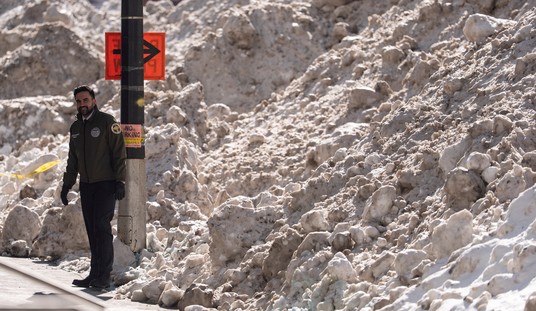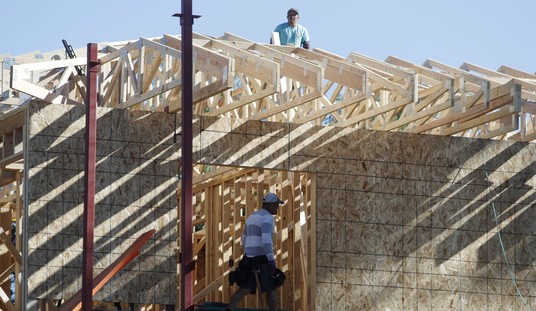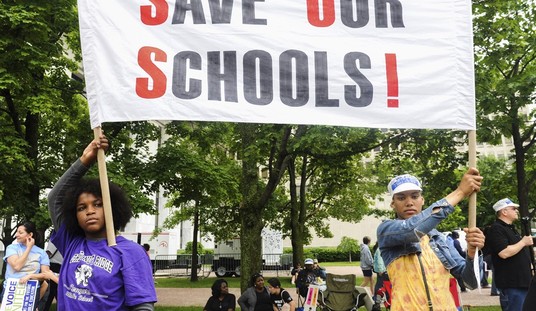While it’s easy to rag on mainstream media for its painfully obvious bias, its leaving the heavy lifting of actual reporting to sites such as the one you’re now reading, and its seemingly endless supply of Trump Derangement Syndrome outbreaks, one must give credit where credit is due. When the MSM hits the hottest take of a hot story, it is nigh impossible to not stand back in awe of the pearls of great wisdom from on high with which it blesses us mere mortals. Such a moment came about the other day, when television station CW 39 in Houston saw fit to pass along this hitherto unknown and unsuspected of existing drop of wisdom:
When to stop drinking coffee, so it won’t keep you up at night
Do tell, do tell. (In case you’re wondering, the answer is six hours before bedtime.)
Making this story all the more authoritative is how it is based in the work of a team of researchers in Scotland. This Scottish obsession with coffee no doubt stems from legendary coffee drinker William Wallace, who some four centuries before coffee was actually introduced to the European marketplace led his people in a fight against the English for freedom and the right to own Starbucks franchises. Wallace’s last word before being executed has remained a Scottish battle cry, generations taught by their predecessors to yell “LAAAAATTE!” whenever heading into either battle or a Monday morning 8 AM conference call.
The Institute for Scientific Information on Coffee, or ISIC for short — yes, it really does exist, and it’s a good thing they’re not studying sugar — conducted its study in conjunction with Dr. Renata Riha, who works at the Centre for Clinical Brain Sciences, which is part of the Sleep Research Unit, a division of the Department of Sleep Medicine, at the Royal Infirmary of Edinburgh, located at The University of Edinburgh. Dr. Riha is well-known in scientific circles for her pioneering research in such matters, as well as currently holding the world record for the largest business card in existence, necessitated by the present scarcity of electron microscopes with which to read her card were a printer to try and cram her complete workplace listing into a 3.5”x2” space.
The study quotes a 2020 study in regard to whether coffee can take the place of sleep for those in positions requiring maximum hours awake, such as first responders, military personnel, and Jim Acosta’s hair gel supplier. Alas, the answer is no, not really:
The study suggested that 300mg caffeine intake per day helps to preserve attention and cognitive function in the first three-to-four days of restricted sleep in genetically caffeine-sensitive individuals. However, by the fifth and final day, no difference was seen between regular and decaf coffee drinkers. This, therefore, suggests regular coffee could help in the short term, but is no substitute for sufficient sleep.
Drat. And we’re all so fond of those 3 AM manic sessions.
It is difficult to discern what is most disturbing about all this:
- The fact that such a study was deemed necessary?
- The fact that someone somewhere is actually bankrolling this?
- The fact that someone in the media actually reported this as a news story with a straight face?
All kidding aside, how many people are so uninformed that they don’t know pounding down a cup of joe or a Red Bull before turning in for the night is a bad idea? Then again, if one is to believe the numbers from the last Presidential election, there is a more than sufficient number of people so uninformed that they don’t know pounding down a cup of joe or a Red Bull before turning in for the night is a bad idea. Perhaps CW 39 and ISIC are doing the world a favor by telling the world something so blatantly obvious … the world has missed it – and clearly that’s where our investigative teams should be spending their time these days.














Join the conversation as a VIP Member